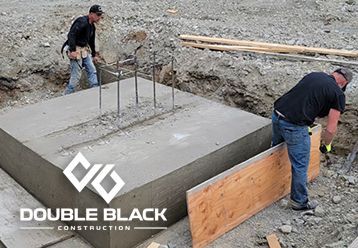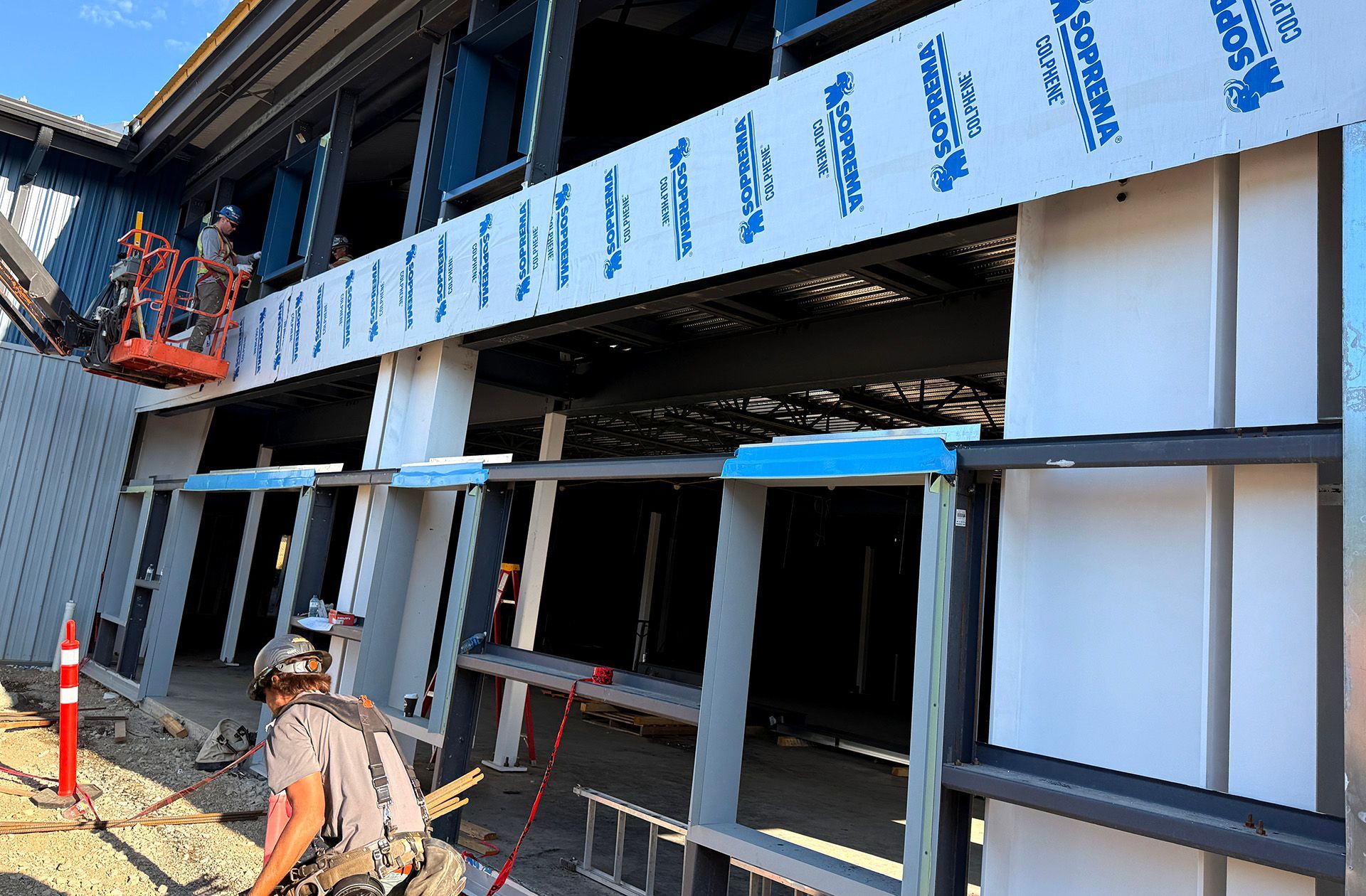Construction and the Trades Need Skilled Workers
John Lohan • April 15, 2024
John Lohan of Double Black Construction reflects on why he loves the trades and Canada’s need to encourage the next generation of young adults to join them.
A lot has been written about the shortage of skilled tradespeople.
Working in construction is hard work – we can never forget that. But it is really rewarding. And pays well. I get an immense feeling of satisfaction by driving past a building and being able to say, “I built that”. My accomplishments in designing and constructing steel buildings around the world is a source of immense pride and satisfaction for me. Using my hands and brains to create something that once only existed in someone’s imagination is really cool.
That said, I’m excited to see more than a few organizations stepping up to address this lack of talent through new apprenticeship programs, scholarships and funding to encourage people to enter the field.
I often wonder, if the trades pay well, offer a sense of purpose, and provide the means for a great career, why is the industry so short of good people. Why do we continue to experience shortages in so many critical roles?
Unfortunately, skilled trades, and construction work in general, suffers from a poor reputation. I believe part of it comes down to the fact that working in the trades is really hard work. The industry also gets hurt by stereotypes in the media and television, as well as a few bad apples who do not represent the honest, hard working and intelligent majority of people within the industry.
Like many beliefs and perceptions, some of this negative impression starts at home. A lot of families come to Canada and enter the trades because they’re bringing practical building skills from their homeland. They contribute immensely to Canada’s economy and are a vital component of the industry, support their family and prosper in a career. Often, however, these same individuals encourage the next generation to aspire to “real professions”, such as become doctors, lawyers or working in other careers that are perceived as having higher importance, prestige or status. Children are very impressionable and take to heart what they see in and hear from their parents. Most aspire to take after the best qualities they see in their mothers and fathers.
Added to the negative impression is how contemporary secondary school systems place emphasis and pressure to push teenagers away from the trades, to learn “information skills” (such as computer science, business accounting, writing and arts) and to cut programs like shop, auto mechanics and woodworking.
Children are also each very different, with different interests and things they find fascinating. Not every child wants to work in an office. We should help teach children that construction can be a viable career, worthy of their focus. After all, all work is noble and honourable. One job is not “better” than any other. It’s just a matter of fact that in some professions you wear nicer, more expensive clothes, don’t get sweaty as often and have less probability of being injured or getting covered in filth.
Where does this conversation lead us? I wanted to take a moment and be a cheerleader for our trades. I love working in construction. I’ve done it all my life and will do so for the rest of it.
These days I’m a business owner and tend to spend more time working with blueprints and spreadsheets rather than with my hands. I’ve spent many years drilling and bolting, my hands rough from moving materials and getting them pinched in between two components. Perhaps that’s another misnomer. Just because tradespeople use their hands more often doesn’t mean they’re not using their mental acuity to come up with create solutions, problem solve or look for ways to innovate. Successful construction businesses are businesses – requiring all the same management and leadership intelligence as any other business – from insurance to tech to running a dental practice.
The only difference is some people attend different departments in college or university to learn their craft. All the engineers, architects and business leaders who are so successful in the construction industry? They hold advanced degrees too. And let’s not forget that some of the most successful business leaders in Canada have honed their abilities on the jobsite through years of practical execution and working their way to the top.
So, the next time you’re having a conversation with your child (or someone else’s) about what they should do when they grow up, don’t turn your nose up at the idea of working in skilled trades. There’s a reason these professions are referred to as “skilled”. The trades – electrical, structural, plumbing, concrete, engineering or architectural – are going to require talented people who will be compensated well for their talent. Isn’t it about time we start recognizing all the hard working and skilled people who build our buildings, create jobs, and design the infrastructure to allow other professions to succeed?
Just like a good building relies on a strong foundation, our modern labour pool also requires a strong foundation of talent. After all, who is going to design and build the structures that keep our economy growing if everyone is merely trained to be lawyers?
About the author:
John Lohan has over 15 years of experience designing, engineering and installing over 500 metal buildings for architects and clients across North America and the globe. He’s managed all aspects of steel building construction, including material logistics and managing local and foreign construction teams. John also has special expertise in concrete foundation and excavation. He can be contacted at Double Black Construction at (833) 322-2722, by email at john@DoubleBlackConstruction.com
or on LinkedIn.






